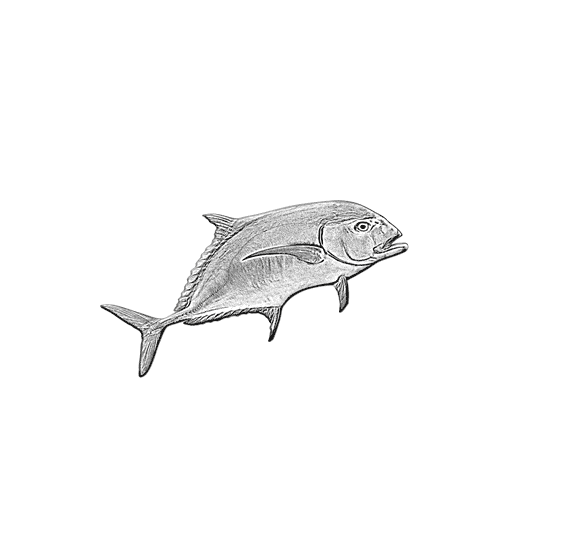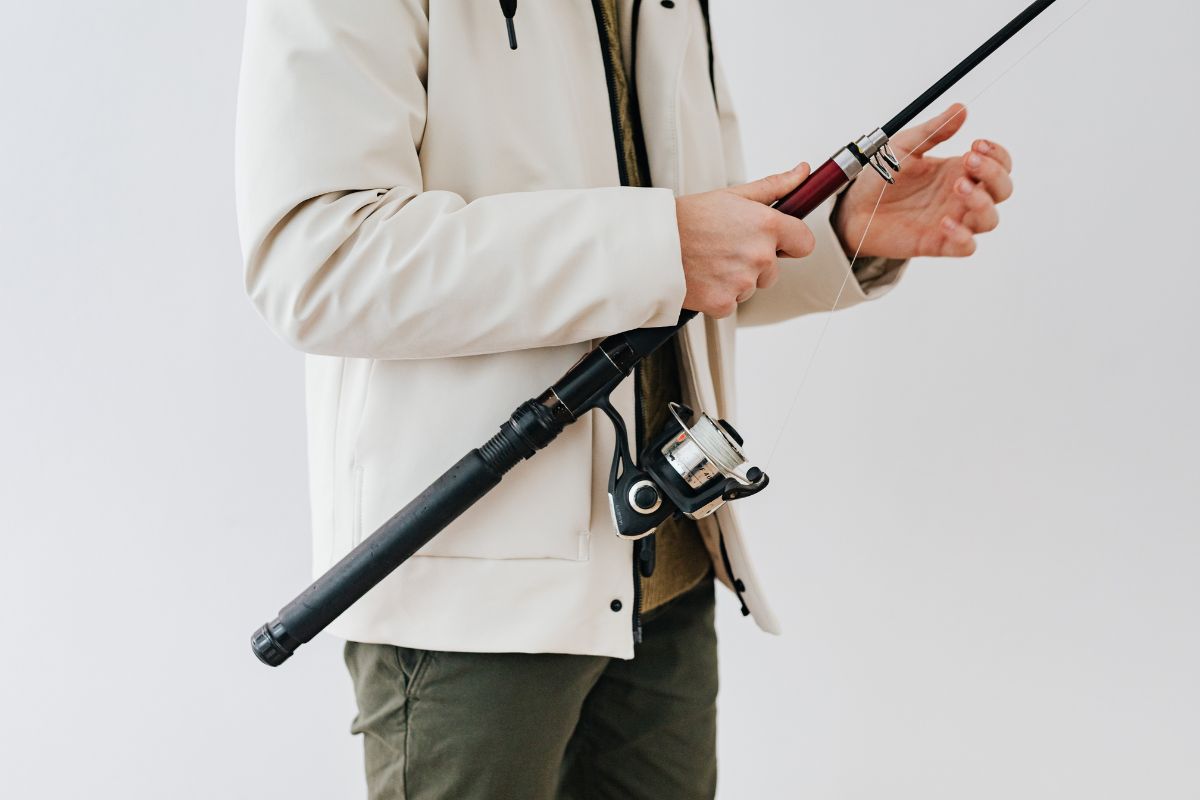Everyone wants their fishing gear to last a long time, and perform at its best. One of the easiest ways to ensure this is to regularly clean your tackle. That’s why it’s good to know how to clean a fishing rod.
Though an uncomplicated piece of equipment, your fishing pole is one of the most important pieces of gear you use to catch fish. Cleaning your fishing rod is the easiest way to keep it in tip-top shape, plus it’s easy and takes only a little time to do.
A dirty rod can cause line breaks because of foreign matter on the line guides. Salt water will cause the metal parts to corrode, and can also damage the material the rod is constructed of.
Grit from a sandy beach can get into the reel seat, making it hard to properly fasten your reel to your rod. But, with proper, easy-to-do care and maintenance, your fishing rod will perform perfectly and last a long time.
Step by Step Guide On Cleaning Your Fishing Rod
There are two things you’ll need to do to clean your fishing rod. The first is very easy: rinse it after every use. I keep two 1.5 liter PET bottles filled with tap water in my car.
When I’m done casting my fishing rod for the day, I return to my car and rinse off my fishing rods with the water I keep in the PET bottles. I also pick off any weeds or flotsam that might have gotten on them, then I pat the rods dry with a soft, dry cloth. Done!
Besides rinsing after every day’s use, you should do a deeper cleaning every week or two depending on how often you go fishing. Read on to learn how to do a deeper cleaning of your fishing rod.
Step 1: Prepare Your Cleaning Supplies
To clean your fishing rod, you’ll need the following:
- 2 clean, soft pieces of absorbent cloth. I just use face towels.
- Some Q-tips.
- Mild, odorless soap.
- Clean water, and a small bucket.
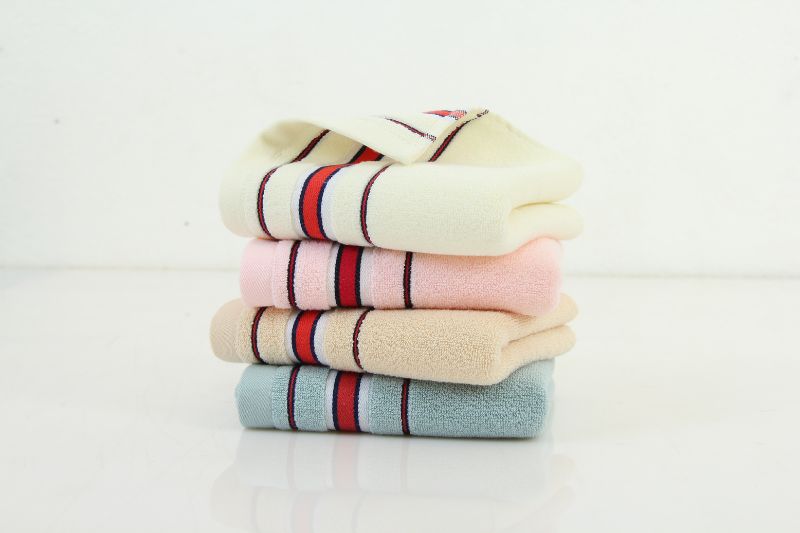
Step 2: Wash It Down
Begin by thoroughly rinsing off your fishing pole. I usually take my fishing rods to the garden, and hose them off with a low pressure stream of water.
Next, gently pat it dry, and check for foreign matter stuck in the line guides, reels seat, or anywhere else. Remove any foreign matter with a Q-tip, or tissue. BE GENTLE! DON’T SCRUB!
After that, pour some water into your bucket, and mix in a bit of mild soap. Take one of your cloths, dip it into the soapy water, and gently clean all parts of your fishing rod. Pay special attention to the line guides and reel seat. Use a Q-tip dipped in soapy water to clean hard to reach nooks and crevices.
Step 3: Rinse and Dry
Thoroughly rinse off all the soapy water and pat dry with the soft cloth you haven’t used yet. Let the rod dry in the open air before storing it.
Step 4: Check For Damage
After you’ve cleaned your fishing rod, look it over for any damage that might have occurred. Look for any nicks or rough spots on the line guides, as they could damage your line, especially when you’re retrieving your line or battling a fish.
Cleaning Mistakes To Avoid
- Not cleaning the rod. This is the number one cleaning mistake I see people doing. Many people pay a lot of attention to their fishing reels, but fail to even rinse off their fishing rods, let alone ever give them a good cleaning.
- Using abrasives. Rough cloth, sandpaper, or abrasive soaps will damage your gear, in particular, the line guides. Use mild soap, soft cloths, and Q-tips.
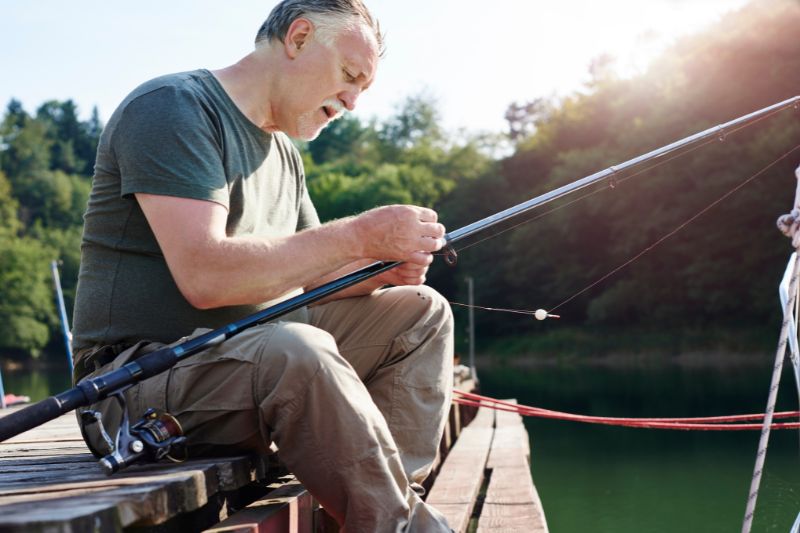
- Using harsh chemicals. Strong chemical cleansers will ruin the finish of your fishing rod. They might also leave a long-lasting odor that might be picked up on your line.
- Scrubbing too hard. Don’t scrub your fishing pole when you’re cleaning it. If something like fish scales are dried on and hard to remove, let that area soak in soapy water until it comes off easily.
- Not letting the rod air dry after cleaning. After you pat down the rod with a soft, dry cloth, it’ll still have a bit of moisture on it. Letting the rod air dry for a while will ensure it’s completely dry, and will prevent rusting.
Where Should You Keep Your Fishing Rod?
The best place to store your fishing rod is in a dry, easily accessible place out of direct sunlight, and away from intense heat sources like a heaters or stoves.
If your fishing gear is difficult to access, you might go fishing less, or damage it trying to get it out of where you stored it. Sustained exposure to the UV rays in direct sunlight will degrade the material your fishing rod is constructed of. Intense heat can quickly damage your fishing rod.
I often keep my fishing gear in a rod case in my car. Then I’m ready to fish if I unexpectedly get a chance to go fishing. A lot of folks set up racks in their garage to keep their rods and reels safe, and ready to go.
How To Clean Corrosion Off A Fishing Reel
Cleaning rust off of a fishing reel takes patience. Don’t hurry, and don’t apply heavy force.
The first step I take to get rust off my reel is to soak it in vinegar for a few hours. After that, I gently rub the rusted areas with a soft toothbrush, then soak the reel in the vinegar some more.
I’ll do this a few times, and often that will remove all the rust. If there’s still some stubborn rust, I’ll dip a piece of aluminum foil in the vinegar, and gently rub the rust with it. All this will take some time, so patience is definitely a virtue.
WD-40 is another good rust cleaner. Just spray the rusted area, let it stand for a bit, then lightly scrub with a toothbrush. Go slow, and repeat several times until the rust is gone. Be sure to rinse your reel with water after removing the rust.
Cleaning A Saltwater Fishing Rod
Cleaning a saltwater fishing rod or pier fishing rod isn’t any different than cleaning a freshwater rod, with the exception that with a saltwater rod, you need to be more thorough and prompt with the rinsing.
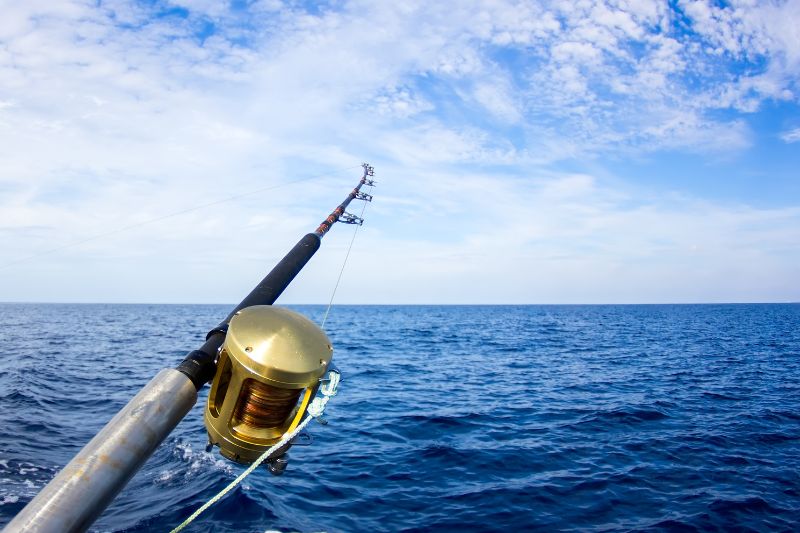
Salt water is harsh on fishing gear. I always carry two 1.5 liter PET bottles of water in my car when I go fishing, especially saltwater fishing. I immediately rinse off my fishing gear at my car when I’m done for the day. If I go fishing in salt water, I also hose down my gear when I get home.
Other Fishing Gear You Should Clean
I tend to clean off any flotsam, then rinse off and dry just about all my fishing gear every time I go fishing, especially after fishing in saltwater.
This includes the rod, reel, lures, hooks, weights, pliers, rod holder/rod stand, leaders I want to reuse, swivels, fish grippers, waders, and even my glasses. It’s easy to do, and takes little time. I’ve found clean fishing tackle lasts longer, and performs better.
Is It Necessary To Clean Fishing Lures?
Fishing lures pick up weeds, and other thing in the water, so you need to clean them off, and dry them. Lures often have metal parts, such as eyelets, and hooks that can rust. Clean, rinse, and dry your lures after using them for best results.
What Can I Use To Clean My Fishing Rod?
As far as cleansers go, mild soap is the best thing to clean your fishing rod. Stay away from harsh cleansers.
Can You Wash Fishing Rods?
Absolutely! I recommend that you rinse your fishing rod with clean water after every use, and do a deeper cleaning after every couple weeks of fishing.
How Do You Clean A Fishing Pole After Use?
First, you need to pick off any moss, seaweed, grass, or other junk that is stuck on your fishing pole. Then, rinse it thoroughly with clean, fresh water. Finally, pat it dry with a soft cloth.
Conclusion
Rinsing your fishing rod after every use and doing a deeper cleaning every couple of weeks will keep your rod functioning well for many years, even decades. It’s quick, easy to do, and requires no special equipment. Anyone can do it!
Remember not to use any harsh chemicals or abrasives. Use only mild soap and water, a soft cloth, and Q-tips.
By the way, if your fishing rods are broken I could definitely teach you some tricks on how to fix a broken fishing rod.
Catch ‘em up!
